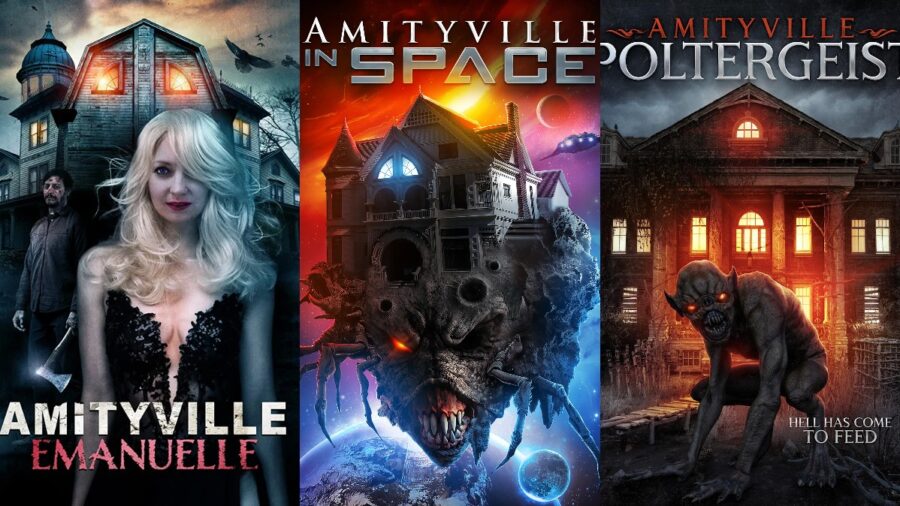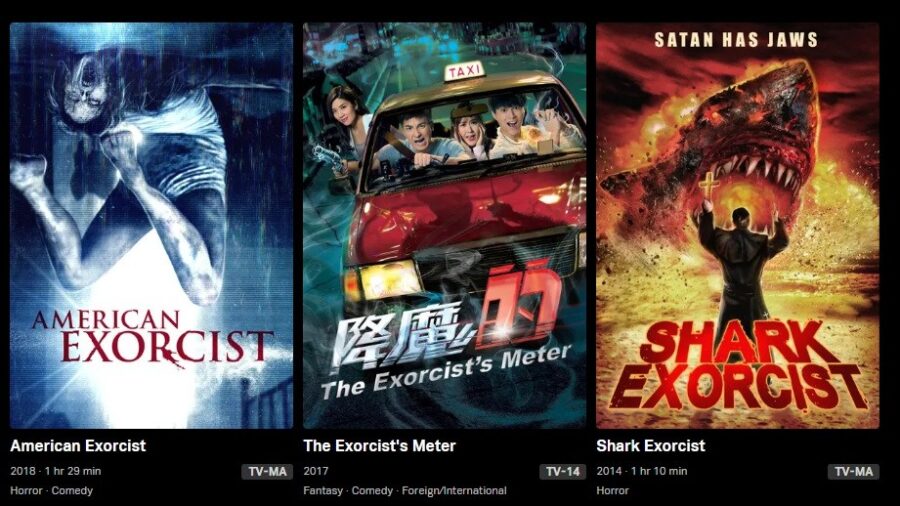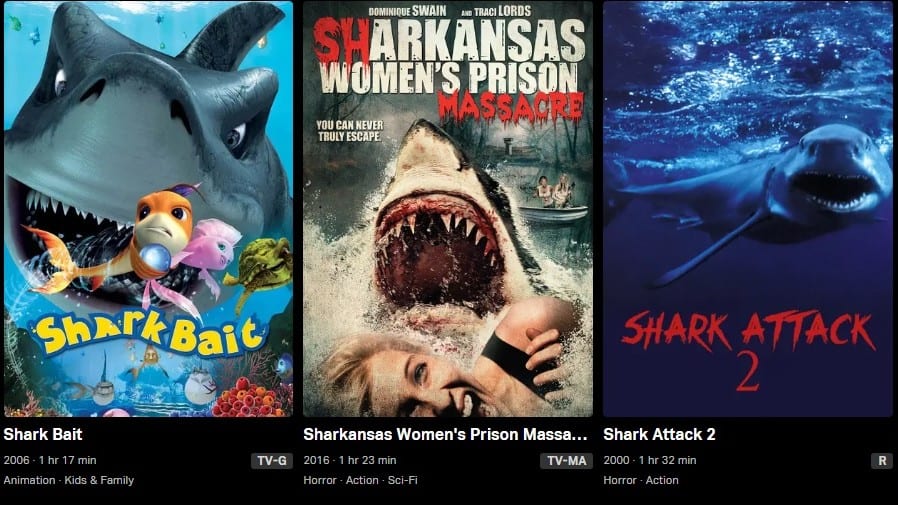Watchbait Is The New Clickbait

Film fans who grew up in the digital streaming era are likely no strangers to the newly coined concept of “Watchbait.” Watchbait, as described by the team from RedLetterMedia on YouTube, is an entire genre of films dedicated to tricking viewers into investing their time and money into what ultimately feels like a cinematic dead end.
Often, these films utilize a single word or cover image to entice viewers into believing that the film is affiliated in some way with a major studio or well-known intellectual property, only to reveal a cheap, poorly produced, and undercooked final product.
The B-movie film studio Asylum is perhaps the most famous perpetrator of the Watchbait epidemic. Throughout the studio’s illustrious run, they have released such films as Atlantic Rim, Sinister Squad, Alien Vs. Hunter and Transmorphers, just to name a few.
If any of those titles sound vaguely familiar, it’s because they were specifically designed to do one of two things: trick stoners and grandparents into believing that these are the big-name blockbusters whose name and visual style they’re aping on the cover art or trick young film buffs into believing the films will serve as a tongue-in-cheek comedy lampooning the popular blockbusters.
Instead, Watchbait does neither. Watchbait films tend to muddle around aimlessly for their entire runtime, as their primary goal of tricking the user into purchasing the film has already been achieved before the DVD case has even been cracked open. For this reason, the films have no real intention of being any good.

The RedLetterMedia team coined the term Watchbait as a spiritual successor to clickbait, which famously utilizes misleading buzzwords in order to trick online readers into opening ad-laden articles that report little to no useful information. In our modern media landscape, Watchbait has run rampant by utilizing words that are as similar to trademarked terms as legally possible.
For instance, the popular films in The Conjuring franchise are likely trademarked, so a low-budget ripoff couldn’t legally refer to itself as The Conjuring: Shark Ghost without being sued by New Line Cinema.
However, Watchbait films such as Conjuring Curse, Conjuring the Beyond, and American Conjuring all use the non-trademarked word “Conjuring” in order to falsely inculcate themselves with the popular franchise’s brand.
As Mike, Rich, and Jay all point out in their discussion on the topic, Watchbait films have very little substance or artistic integrity to them, as they exist solely to make money from unsuspecting consumers. Of course, filmmaking is a business, and the ultimate goal of any movie is to bring in money for the producers, the studio, and the team who worked so hard to create the final product.
However, the reason most big-budget films are able to succeed at the box office is that they promise to create a beautiful and unflinching expression of the human experience, allowing audiences to enjoy themselves and emotionally connect with the material truly.
Another common trend amongst Watchbait films includes clumsily forcing sharks into the premise of another film. Many Syfy channel originals have carried on this tradition, with the RedLetterMedia gang listing dozens of titles within the sub-genre in their video on the subject.
The Sharknado film franchise even parodies the existence of these films, though even Sharknado is better than Watchbait, as it has a cinematic thesis, lampooning the existence of the Syfy shark films with intentional silliness.

As any cursory YouTube browsing would show you, there are hundreds, if not thousands of incredibly talented people across the world creating interesting works of art using little to no budget, who would be elated to have the opportunity to create a feature film.
This is perhaps the most upsetting element of Watchbait movies, as the production team behind the poorly constructed films often doesn’t seem to care about their work at all. Perhaps the ongoing WGA and SAG-AFTRA strikes will increase the number of these non-union productions and allow creativity from non-repped amateurs to flourish on the internet.












